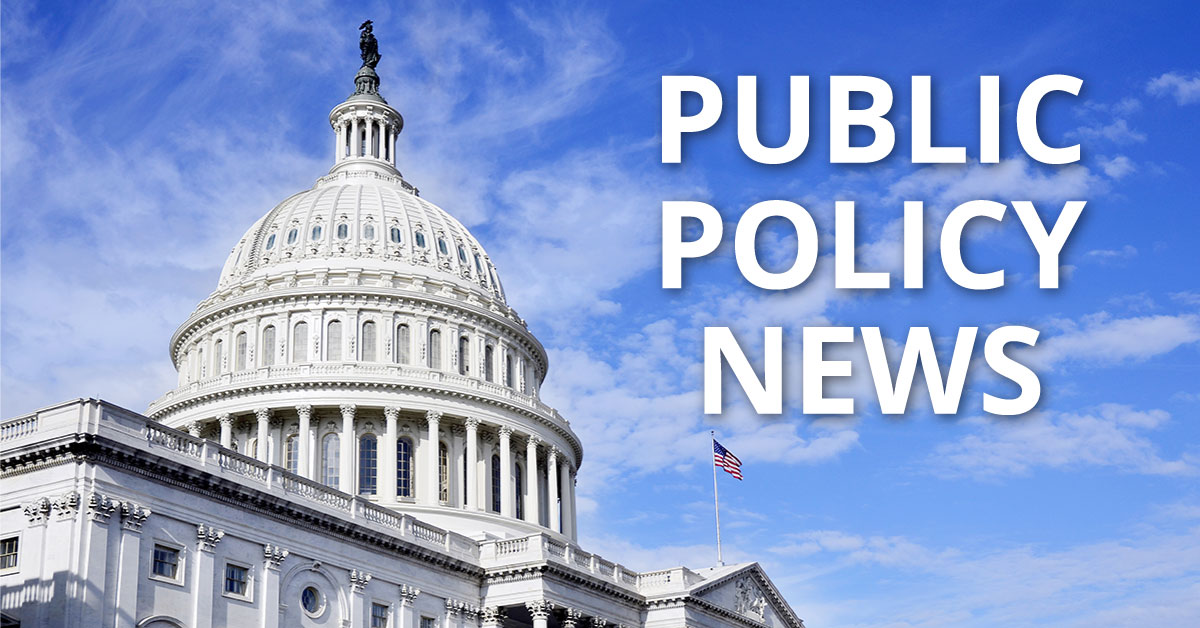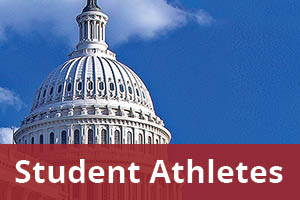by CUPA-HR | April 10, 2025
On April 8, the House Education and Workforce Committee held a hearing titled, “Game Changer: The NLRB, Student-Athletes, and the Future of College Sports.” The hearing focused on the employment classification status of student athletes at institutions of higher education.
The witnesses at the hearing included Daniel L. Nash, shareholder at Littler; Morgyn Wynne, former softball student athlete at Oklahoma State University; Ramogi Huma, executive director at the National College Players Association; and Jacqie McWilliams Parker, commissioner at the Central Intercollegiate Athletic Association.
Majority Concerns with Employee Classification
Republican committee members argued that the classification of student athletes as employees could alter college athletics to the detriment of institutions and student athletes alike. Confirmed by witness testimony, the majority discussed that employee classification for and unionization by student athletes could trigger unintended consequences for the athletes, such as fewer benefits, losing scholarships based on poor performance, having scholarships taxed as taxable income, and losing training support, mental health services, and media and career support. Further, they highlighted that employee classification could strain athletic department resources; McWilliams Parker stated that athletic departments would need to consider whether they could continue to sustain certain sports and provide scholarships to students.
The majority also discussed the legislative and regulatory landscape surrounding this issue. In his opening statement, Chair Rick Allen (R-GA) discussed the memo from former General Counsel of the National Labor Relations Board (NLRB) Jennifer Abruzzo regarding the Biden-era NLRB’s position that student athletes are employees and are afforded statutory protections under the National Labor Relations Act (NLRA). Notably, the memo has since been revoked by the Trump administration’s acting general counsel at the NLRB. Further, in response to questioning from the chair of the full committee, Tim Walberg (R-MI), Nash clarified that existing labor laws are clear that revenue received by an organization is not a factor in determining employee status.
Representative Lisa McClain (R-MI) also discussed her bill, the Protecting Student Athletes Economic Freedom Act, which would codify into law that student athletes are not employees of institutions, athletic conferences or athletic associations, as a solution to the majority’s concerns.
Minority Argue for Greater Protections for Student Athletes
Committee Democrats argued that student athletes require greater protection from exploitation. They argued that student athletes generate revenue for their institutions of higher education, conferences and the National Collegiate Athletic Association (NCAA), but fail to be compensated for their work and the amount of time they commit to their team. The members claimed that classifying student athletes as employees and allowing those athletes to collectively bargain would end the exploitation. Huma’s testimony supported committee Democrats advocating that student athletes should be equally able to benefit financially from the revenue they generate.
CUPA-HR will monitor for future developments on the status of student athletes as discussed during this hearing and keep members apprised of significant policy updates.



